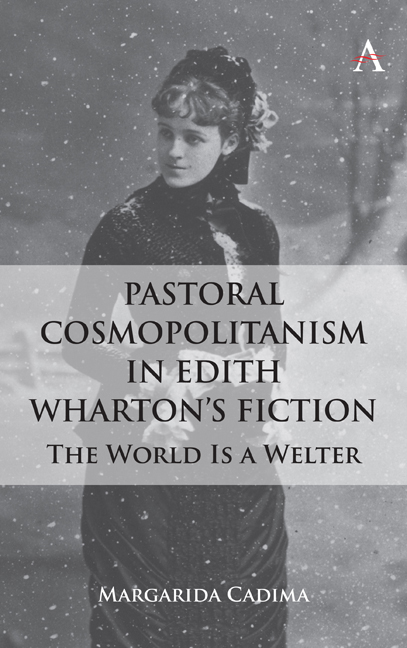Chapter 6 - “Endless Plays of Mountain Forms”: Mapping the Mountains
Published online by Cambridge University Press: 28 February 2024
Summary
In a letter to Bernard Berenson's secretary Nicky Mariano on May 31, 1932, Wharton described the Sibylline mountains thus: “The run today was indescribably beautiful, with changing skies & such endless plays of mountain forms—.” Her response to the shape-shifting plasticity of this terrain is suggestive of the ways in which summits and peaks function in Wharton's fiction more broadly. Her writing project evinces an abiding and acute fascination with the metaphorical, aesthetic, and cultural aspects of mountains. Her eye-catching stress on “plays” here implies that these landforms become, in her oeuvre, much more than a source of creative inspiration. They operate as a “stage” for heroic striving or galling tragedy; a site of arduous, even transformative physical and emotional struggle; or a lyrical “performance” in which heightened states of feeling are converted into the sensuous particularities of narrative language. In the previous part of this book, Lily Bart saw the Maritime Alps from her window, as if it were a boundary, an unconscious demarcation of space. This second part considers not only the Alpine milieu but other specific examples of mountainous nature on both sides of the Atlantic that feature in Wharton's fiction. Given the dense mesh of cultural, biographical and philosophical concerns that emerge through the conjunction of Wharton and mountains, the challenge facing the researcher is the imposition of some cogent structure on a topic that rings with so many resonances. It is vital to remember that, as Linda Costanzo Cahir proposes: “Wharton was born amid the dark and bright energies of American romanticism.” I will show that Wharton's subtle evocation of the varied phenomena found among the snowy peaks and precipices often confronts—and rethinks—two legacies of what we might call “Romantic” mountain affect: the attribution of moral qualities to wild nature and awe of “sublime” vastness.
Astrid Bracke argues that “ecocriticism has long broadened beyond its original concern with wilderness and non-fiction writing to incorporate a wider variety of environments and texts.” The second part of this book construes key Wharton texts through this ecocritical lens, arguing that mountains and hills can be interpreted as “edgelands at an altitude.” According to Marion Shoard, “edgelands” exist between “town and country” where “there has developed a new type of landscape different from either and endowed with distinctive characteristics of its own.
- Type
- Chapter
- Information
- Pastoral Cosmopolitanism in Edith Wharton's FictionThe World is a Welter, pp. 65 - 74Publisher: Anthem PressPrint publication year: 2023



